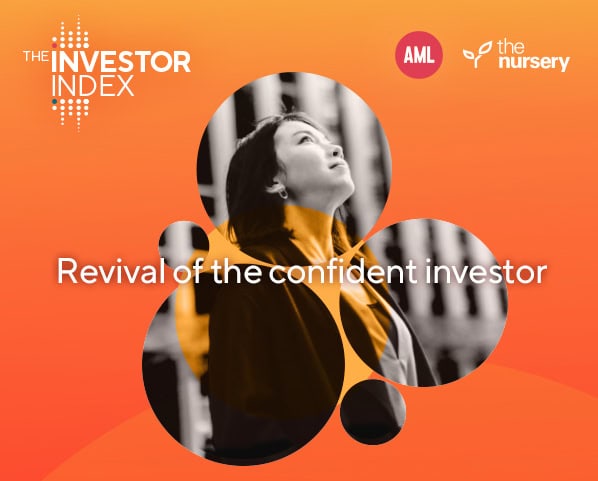They should, for a number of reasons. And thanks to new technology, finance organisations have more power to help than ever before. Those were the clear conclusions of a powerful discussion hosted by Ian Henderson CEO of agency AML for marketing thinktank The Financial Services Forum.
Panel member Catherine Carey, head of consumer strategy at Consumer Intelligence set out some stark numbers behind the cost of living crisis; 60% have cancelled spending on fun, 50% have cut back heating and eating essentials and 8% have cancelled insurance; making them even more vulnerable to the unexpected.
That’s a contributor to the ‘poverty premium’, the extra £480 (on average) a year spent by those who can least afford it on more expensive loans, prepaid energy meters and costlier products. It’s a big driver of financial inequality for less wealthy neighbourhoods, disadvantaged social groups and between the generations – according to the IFS median incomes are falling especially faster among the young.
And the effects of inequality on society are well documented. According to the Equality Trust a more balanced society means a stronger, more resilient economy; better social mobility and education outcomes; lower levels of property crime and violent crime; less infant mortality and improved mental health; and people tend to live longer, happier lives. A more equal society is just a better place to live.
Government clearly has a leading role in rebalancing and that may be something for the next election. But how can financial services brands actually help? Rebecca O’Connor, founder of Good With Money, was clear not only that they should but increasingly customers are choosing who they buy financial services from based on their ethics and social impact. (One example was Admiral insurance giving money back to customers not using their cars during lockdown, a simple yet hugely popular idea.) Many consumers simply aren’t aware there’s an ethical dimension to some products like insurance but as she says, “They want ethical pensions, and they want ethical bank accounts”.
The most optimistic take came from Suzanne Homewood, Managing Director, Moneyhub Decisioning, the hugely successful UK fintech that collates customers’ financial data and presents it back in a succinct, coherent format. This allows users to build a deeper informed impression of what changes ought to be made in their spending habits. It also gives MoneyHub a vast pool of data to see how consumers are actually behaving – and often they aren’t cutting back as much as they say or think they are.
But over time, consumers can learn to use their personal data through connected apps to make a positive difference to their lives. The emerging technology has obvious relevance to younger, less affluent audiences where that knowledge can make the most difference; as one audience member said, putting financial education into the school curriculum is “face-slappingly obvious” yet still non-existent, except for some excellent but relatively small-scale initiatives like DebateMate. As Suzanne added, “One small step could have an enormous impact for the future”.
There is an enormous stigma surrounding money in the UK. Talking about it, sharing fears about it, even analysing it oneself ought to be normalised to nurture what Homewood calls ‘financial wellness’. That’s not just a good thing to do, it’s vital. The finance industry can use the enormous power of money to build a better society – and it should.
AML are committed to working with organisations like Moneyhub, debt charity StepChange, Big Society Capital, Now Pensions, The Big Issue and others to help make change happen. We’d love to hear your views about how financial brands can help to make a difference to financial inequality – email us here.


